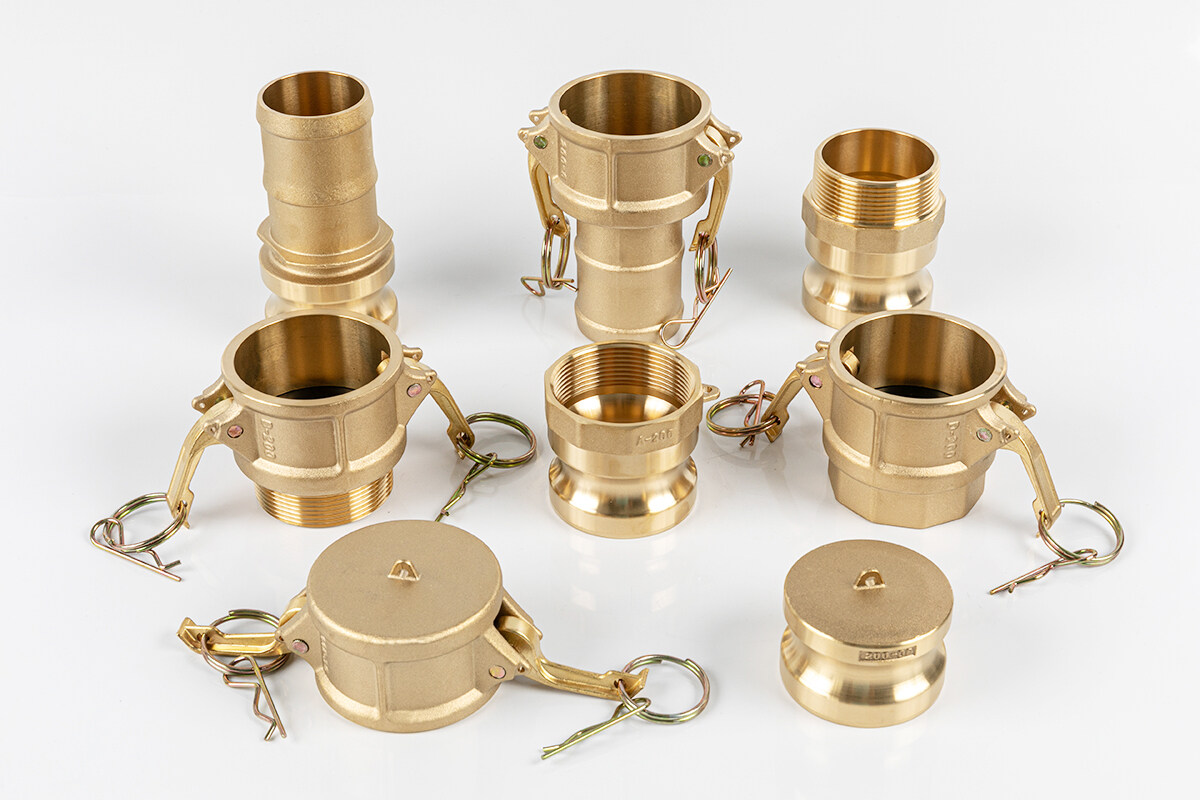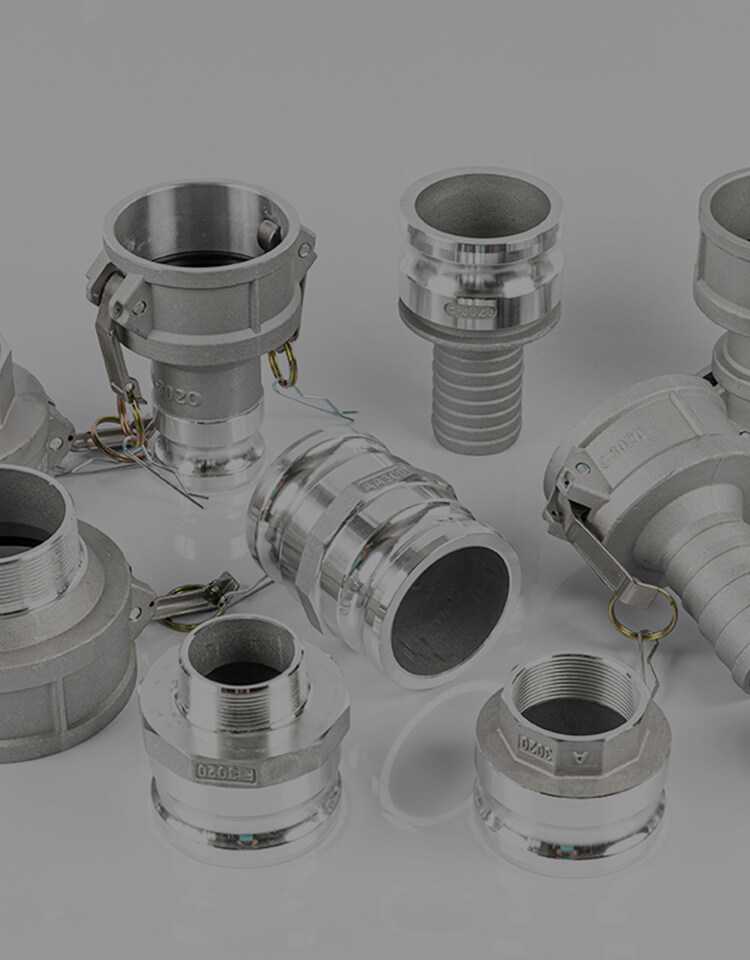Ошибка формата электронной почты
emailCannotEmpty
emailDoesExist
pwdLetterLimtTip
inconsistentPwd
pwdLetterLimtTip
inconsistentPwd

Новости
Здесь вы можете описать кусок текста, который хотите выразить

Mastering the Art of Cam Lock Fittings for Hose: A Comprehensive Guide
Introduction:
Cam lock fittings for hoses play a pivotal role in various industries, seamlessly connecting hoses for efficient fluid transfer. In this comprehensive guide, we'll explore the nuances of selecting and using cam lock fittings for hoses, ensuring a seamless and reliable connection.
I. Understanding the Dynamics of Cam Lock Fittings for Hose:
Cam lock fittings for hoses are versatile connectors known for their simplicity and effectiveness. The term "cam lock fittings for hose" encompasses a range of connectors designed for secure hose connections in diverse applications, from industrial fluid transfer to residential gardening.
II. Exploring Variations in Cam Lock Fitting Types:
When it comes to cam lock fittings for hoses, diversity is key. Standard cam lock fittings are the go-to for many applications, but specialized variations cater to specific needs. These specialized fittings take into account factors such as material compatibility and pressure requirements, ensuring optimal performance in various settings.
III. Factors to Consider in Cam Lock Fitting Selection:
Choosing the right cam lock fittings for your hoses involves careful consideration. Compatibility is paramount—ensuring the fitting matches the hose material and size is the first step. Delving into the application specifics further refines the selection process, addressing factors like pressure requirements and environmental conditions.

IV. Best Practices for Cam Lock Fitting Installation:
Proper installation is crucial for the longevity of cam lock fittings for hoses. Before connecting, inspect the hose and fitting for any signs of damage or wear. Aligning the cam arms correctly is an art in itself, requiring an understanding of the locking mechanism. Avoiding common installation mistakes is key to achieving a secure and leak-free connection.
V. Maintenance: Ensuring Longevity and Reliability:
Regular maintenance is the cornerstone of reliable cam lock fittings for hoses. Visual inspections for wear, periodic testing for leaks, and keeping components clean are essential practices. Lubrication, using the right lubricants, further contributes to the fittings' longevity and ensures smooth operation.
VI. Troubleshooting Common Issues:
Despite their reliability, cam lock fittings for hoses may encounter issues. Identifying and addressing leaks promptly is critical, involving a thorough analysis of potential causes and implementing quick fixes. Stuck or difficult cam locks can be resolved by understanding the root causes and applying safe techniques for unfastening.
VII. Industry Perspectives and Compliance:
In the ever-evolving landscape of industrial applications, adherence to standards is paramount. Understanding relevant industry standards for cam lock fittings ensures compliance, contributing to both safety and performance. Seeking professional advice and providing training on correct usage further enhances the reliability of cam lock fittings in diverse applications.
Conclusion:
Mastering the art of cam lock fittings for hoses involves a holistic approach—from understanding the basics to implementing best practices and industry standards. By integrating these tips into your hose connection processes, you'll not only ensure efficiency but also contribute to the longevity and reliability of your fluid transfer systems. Cam lock fittings for hoses are indeed small components with a significant impact, bridging the gap between seamless connections and operational success.

